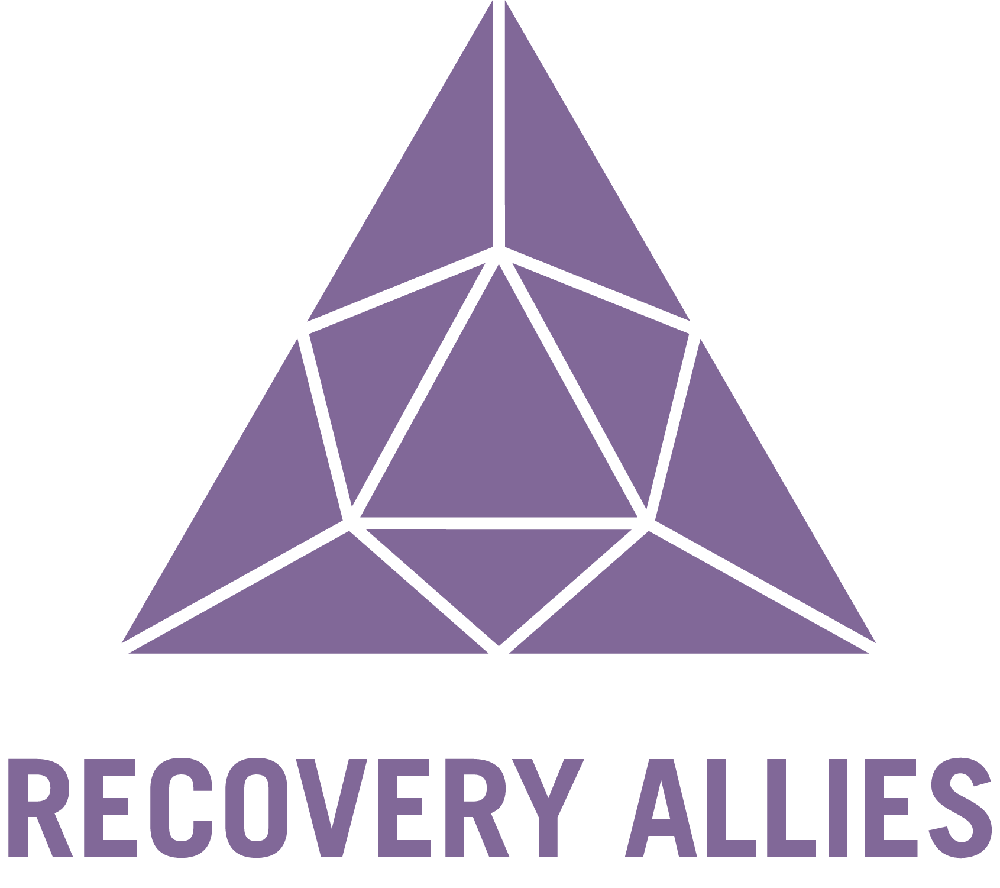Connection is Key: Maintaining Sobriety During the COVID-19 Crisis
As the world remains indoors and the grim news regarding the COVID-19 health crisis continues to roll in, it is generally safe to assume that many people feel higher levels of anxiety, depression, and grief. Many people live alone without anyone else to directly interact with. Those in recovery know that the forced isolation combined with the uncertainty around COVID-19 can be a perfect cocktail for relapse.
We’ve gathered some resources and sobriety tips for those that need them. If you have any suggestions or experiences you’d like to share about your recovery during the pandemic, please do so in the comments.
Utilize Technology to Stay Connected
Isolation is the enemy of anyone with compulsive tendencies. By now, many Americans have utilized Zoom/Skype-style conferencing software. Businesses and even network television are using these platforms openly to continue news coverage while maintaining social distancing and health guidelines. 12-step programs are no different. There are many online resources for those seeking community and support through this time. Here are a few:
Alcoholics Anonymous Virtual Meetings
Refuge Recovery Virtual Meetings
SMART Recovery Virtual Meetings
Know When to Shut Down
While connection is important, it is equally important to remember that social media is not a haven of friendly discourse and reasoned thinking. Facebook, Instagram, and Twitter may be great outlets for some, but anxiety-producing for others. Monitor how you’re feeling while you’re using them. If you start to feel overwhelmed or anxious, take a break. Go for a walk (observing health guidelines), call a friend, or find another activity that is grounding, like meditation.
It’s Ok to Say You Can’t
If a friend or family member’s anxiety about the state of the world stokes your anxiety, it is reasonable and healthy to let them know that you can’t talk about it with them. If they want to continue that dialogue, let them know you can talk with them again soon, but you need to go.
Unifying through the Unknown
Though coronavirus and COVID-19 are alarmingly lethal in certain cases, it is called a novel virus for a reason. We are still learning about it and the world is still understanding why it affects people so differently. That is no doubt unsettling.
But this is probably the first time in any current American’s life where every citizen, regardless of class, gender, sexual preference, and criminal history has a common fear and a common goal: to eradicate COVID-19 and protect future generations from ever experiencing something like this again.
Though we all have our unique challenges through this time, we are all in it together. We just have to remember to reach out when the need arises.
